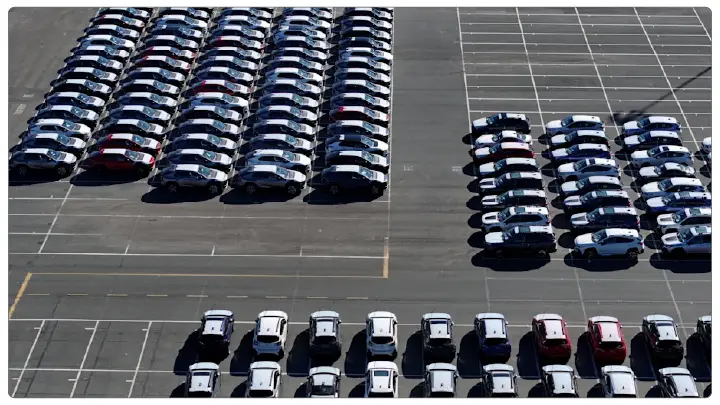New Car Price Inflation Emerges Amid Tariff Concerns: Cox Automotive
Low-key inflation is underway in the U.S. new car market as analysts in the industry claim that the worst is still to come. It is apparent that the increasing tariffs, along with constrained supply levels and reduction in consumer incentives, are pre-shadowing a new era of inordinate increases in the cost of new vehicles. Senior economist Charlie Chesbrough cautioned that a combination of these has the potential to undermine the short-term stability that occurred after pandemic-era highs.

There is a likelihood of inflation returning to the new vehicle market, and it might as well be the case, said Chesbrough during the mid-year review. Although average prices of transactions have remained between average and moderately good hikes in the past few months, according to the trends indicated by Cox, a steep increase is on the horizon. When tariffs are set to take effect on April 3, 2025, and retailers have limited supplies of the pre-tariff inventory, consumers will likely be sticker-shocked that the price of a new vehicle is no longer cheap, particularly as supply soon becomes unable to keep up with demand.
Although car manufacturers initially cushioned the effects of the tariffs by stocking up on vehicles before the tariffs took effect, these car stocks are quickly falling short. The inventory levels in the entire industry, which were pegged at 92 days in March, were reduced to only 70 days in June. Big auto plants, such as Toyota and Honda, are currently reporting a stock level that is half of what it should be, and this is straining dealers and consumers. The tightening of supply creates a power shift, which decreases the possibility of discounts or special offers and drives the prices further up. Kelley Blue Book at Cox Automotive reported in May that the average selling price of a new car has risen to $ 48,799, which is not quite as high as pandemic highs, but is back on the rise again.
Notwithstanding all these pending concerns, industry experts also emphasize the importance of preparatory strategies and investment in resilience. To combat growing costs, automakers are focusing on localizing language chains, boosting digitalization, and enhancing the efficiency of their cars. It is too early to determine whether such measures will be sufficient to overcome the cumulative effects of tariffs, inflation, and weakening incentives; however, there is an evident shift toward long-term flexibility and customer retention.